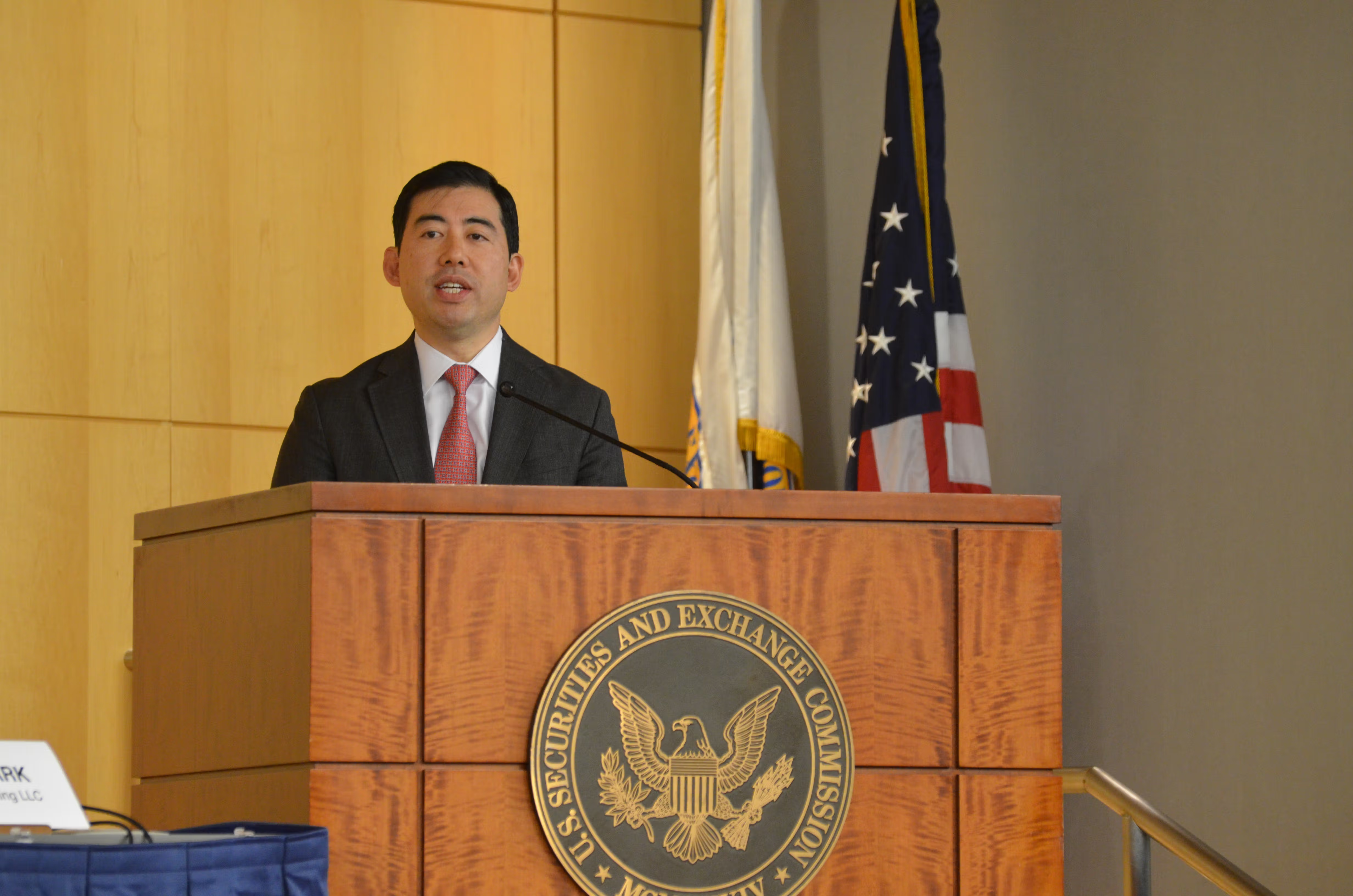SEC Commissioners Seek Workable Crypto Policy Framework | 2025

SEC Commissioners Seek Workable Crypto Policy Framework
WASHINGTON, D.C. — The staff at the U.S. Securities and Exchange Commission (SEC) has embraced the opportunity to collaborate with the crypto industry in developing a comprehensive policy for overseeing digital asset transactions. Commissioner Hester Peirce, who leads the agency’s crypto task force, emphasized the SEC’s readiness to ‘seek earnestly to find a workable framework’ during a recent roundtable event. This event, aptly titled ‘Spring Sprint Toward Crypto Clarity,’ marks a significant step in the SEC’s efforts to engage with the rapidly evolving cryptocurrency landscape.
Understanding the Need for a Clear Framework
During the roundtable, Peirce highlighted the challenge of translating the characteristics of a security into a straightforward taxonomy that encompasses the diverse range of crypto assets currently in existence and those that may emerge in the future. ‘Can we translate the characteristics of a security into a simple taxonomy that will cover the many different types of crypto assets that exist today and may exist in the future?’ she posed, underscoring the complexity of the task at hand.
Insights from SEC Leadership
Mark Uyeda, the acting chairman of the SEC, addressed reporters, noting that despite recent policy statements indicating that certain segments of the crypto sector may not fall under securities laws, there remains a ‘definite possibility’ that others could be classified as securities. ‘We’re moving on multiple tracks here,’ he stated in response to a question from CoinDesk. Uyeda clarified that the statements issued thus far are ‘ultimately staff statements’ without legal backing, but the roundtable signifies the entire commission’s commitment to exploring what a ‘potential commission interpretation might look like.’
Historical Context and Future Directions
In his opening remarks, Uyeda, who was appointed by President Donald Trump, expressed that the SEC should have been more proactive in publicly sharing interpretations of securities laws in recent years. ‘When judicial opinions have created uncertainty for our participants in the past, the commission and its staff have stepped in to provide guidance,’ he explained. ‘This approach of using common rulemaking for explaining the commission’s process or releases rather than enforcement actions should have been considered for classifying crypto assets under federal securities laws.’
Challenges Faced by Crypto Projects
Moderator Troy Paredes, a former SEC commissioner and current head of consulting firm Paredes Strategies, posed a critical question to Sarah Brennan, the general counsel at Delphi Ventures and one of the 11 panelists at the event. ‘What’s the biggest question that you face in trying to wrestle with this question?’ he asked. Brennan responded by highlighting the impact of securities laws on early-stage projects, noting that the uncertainty surrounding these regulations has led many to adopt a strategy similar to that of initial public offerings (IPOs), resulting in prolonged private status.
‘These assets in the traditional model are designed to have wide, broad early distribution, and most of the market is hedging that on the application of securities laws,’ she explained. ‘It ends up looking a lot like your traditional markets where people will marshal their way to an exchange listing without that broad dissemination or price support or actually fully launching the technology.’
Broader Implications of Securities Regulation
Former SEC attorney John Reed Stark shared his concerns regarding the implications of securities regulation on the crypto market. ‘Whether you’re talking yield farms or ostrich farms or orange groves, the whole point of securities regulation was to wrap that all up into a very big, broad, principles-based regulation,’ he stated. Stark’s apprehension lies in the potential for regulatory frameworks to stifle innovation and hinder the growth of the crypto sector.
Looking Ahead: The Future of Crypto Regulation
As the SEC continues its efforts to establish a clear regulatory framework for digital assets, the discussions at the roundtable reflect a growing recognition of the need for collaboration between regulators and the crypto industry. The evolving landscape of digital assets presents both challenges and opportunities, and the SEC’s commitment to finding a workable policy framework is a crucial step toward fostering innovation while ensuring investor protection.
In conclusion, the SEC’s recent roundtable discussions signify a pivotal moment in the ongoing dialogue surrounding cryptocurrency regulation. As the agency seeks to clarify its stance on digital assets, the collaboration between regulators and industry stakeholders will be essential in shaping a framework that balances innovation with regulatory oversight. For more details, you can read the original article here.









